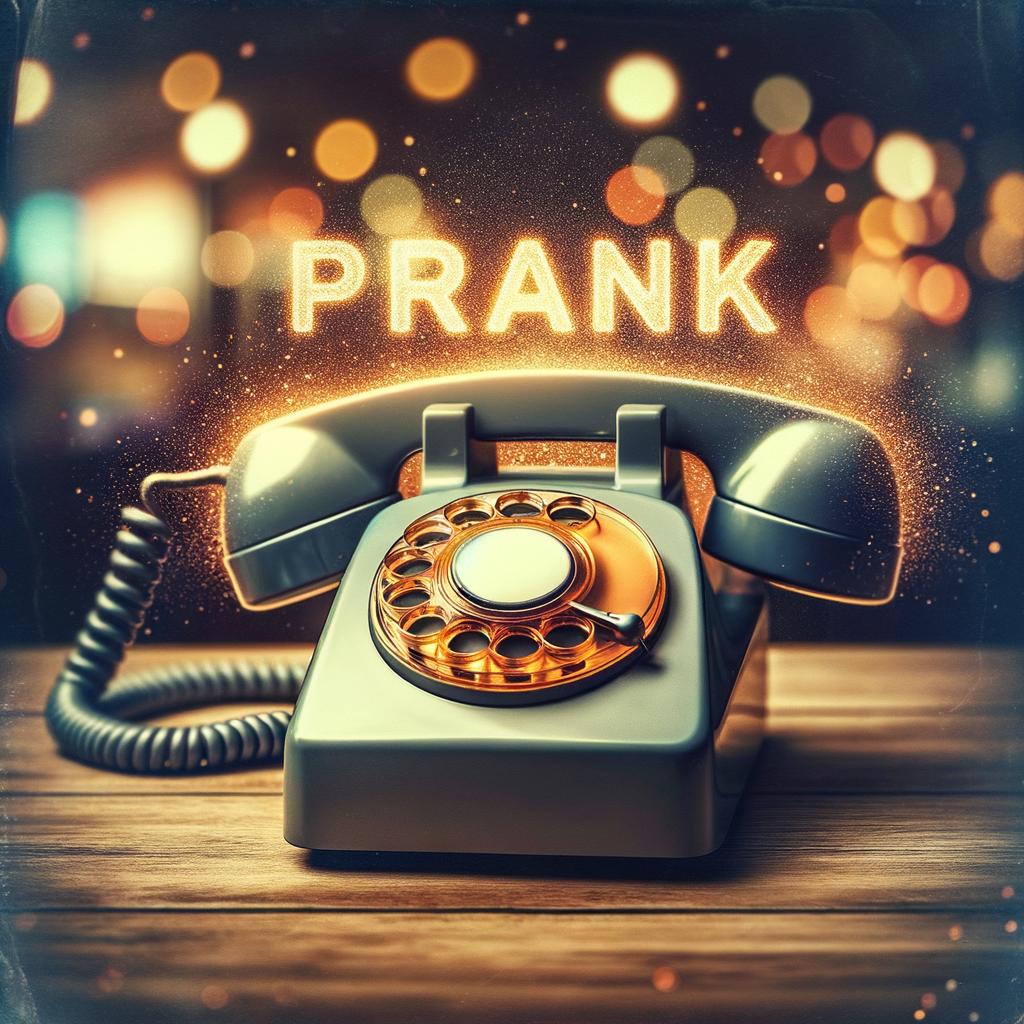Ah, Schenectady. The very name conjures images of small town charm, the warm glow of aged streetlights, and the innocent laughter of children echoing through the quiet streets. Our quaint city has been a hub for invention, home to the headquarters of General Electric and famous for sending the first intercity telecast in America.
It is a place of transformation, which, like everywhere else, has been swept forcefully into the 21st century. Whilst this progress has brought to our city unparalleled conveniences and awe-striking capabilities, we seem to have lost something vital in the tumultuous voyage. Those days I reminisce about, the simpler times, when we didn’t have to keep our guard up against cyber swindlers or navigate the labyrinth of social media. It’s not that I deride technological advancements, rather, I lament the disappearance of an innocent era, in particular, the halcyon days of prank calls.
Remembering my own colorful past as a young ruffian with perhaps more time than sense, it’s safe to say I was a master of the art. A delicately crafted prank call involved strategic planning, careful execution, and above all, a friendly rapport with the individual on the other end of the line.
There was the time I convinced Mrs. Gunther, down on State Street, that her cat had been eloped with by a singing raccoon. Or when presented to old man Witherspoon at the candy store that his shipment of jawbreakers was, quite tragically, held hostage by squirrels. People laughed, albeit occasionally behind gritted teeth, but laughter was shared nonetheless. It served as a communal inside joke, enhancing the togetherness in our Schenectady family.
Yet, today, the act of prank calling has lost its charm, its innocence. It’s been replaced by an impersonal, malicious anonymity. Today, folks are less concerned about whether there’s a refrigerator running rather than whether an unknown caller has their credit card number. One cannot help but feel disturbed by these changes.
There is a lot to be said about a community, a society, where the tradition of innocent mischief shifts so dramatically. For most of us, a call from an unknown number now induces stress, not glamor.
Prank calls are just one example of our society’s degradation of innocence. I understand, take it from good old Brian McCarthy, that one cannot simply resist the tidal wave of evolution. Times change and so do social norms. But the elimination of wholesome humor due to fear of sinister intent reflects a bigger battle we’re fighting.
Is it truly too implausible to see prank calls as a nostalgic yet poignant symbol of lost innocence?
The world outside grows darker with exceeding troubles, crimes, and injustices. But within the confined borders of our small city, can we not attempt to preserve the bare remnants of a lighter past and imbue some joy into our daily lives, even if it is through silly gag calls?
This hope might seem quixotic to many. People may argue we are just pampering a trivial part of our past that has no place in our contemporary lives. Though I agree that every bygone era has its own charms and its own fallacies, loss of innocent witticism is not an insignificant matter.
What we now consider trivial reflects the nerve of our society at a grass-root level, and it is this loss of innocence that forms the foundation of larger cruelties in the world.
The truth remains: our innocent antics brought smiles to worn faces, woven with the strands of community sentiment, and above all, they brought us together. It’s saddening to perceive how the integral connection between levity and community is lost in the wave of digitization.
We can acknowledge the nerve-racking changes and inevitable embrace of technology. At the same time, we must attempt to maintain the precious thread of commonality and joy that once kept our beloved Schenectady together.
So, even though it seems a yearning for the innocent prank call is nostalgic pining for a remote era, it’s perhaps a minor yet significant element of the sense of community and humanity that we, the Schenectady brethren, would be loath to lose entirely.
In this age of instant gratification and unaccountable anonymity, I urge you, dear reader, to remember what it means to forge bonds. Let us try and remember the laughter, the connection, and the unity such innocent entertainments fostered, instead hoping that we can instill a love for humor, light-heartedness, and togetherness in our future generations. After all, it’s never too late to decode the nostalgia hidden in the ringing of our rotary landlines.



